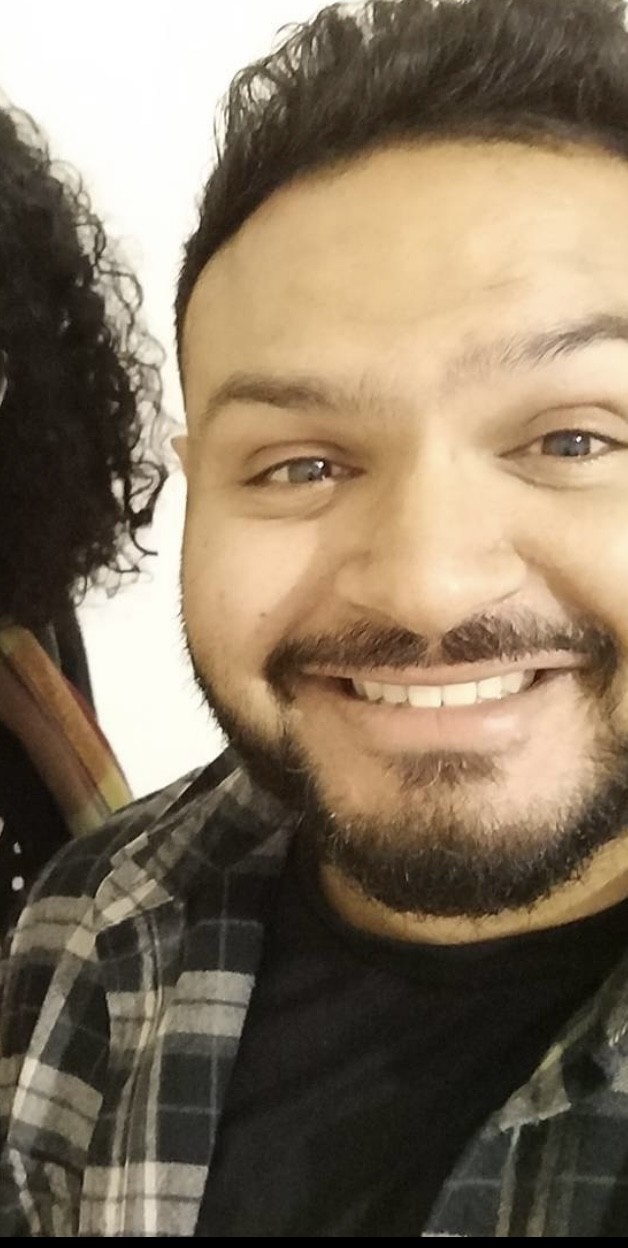Disability History Month Blog: Intersectional layers within Livelihood and Employment

“…if my race made me second place, my disability would make me third.”
When opening up about disability, particularly chronic or hidden disability, it can carry many of the same facets of experience as a “coming out” for gender or sexuality.
The LGBTQ community battles multidimensional struggles across familial, economic, patriarchal, and societal fronts. These external factors seep into the psyche, creating traumatic internal hurdles. Echoes of these challenges resonate within the disability community, as they, too, face similar systemic barriers and psychological burdens.
Hence when this internal war stirs and exhausts the identity structures of an individual, often a victor emerges. A person has been forced to become unashamedly and unapologetically themselves. They take the courageous decision to “come out”.
Do I disclose? Will I be seen as lesser? Am I bothering them by asking for help? Should I even ask or go without?
As an ambultory wheelchair user, I often wrestle with these thoughts. We had a staff photograph day, and I wondered if I should stand for the group picture, even though it might drain my energy and affect my balance. I wanted to be “normal”, I wanted to blend in. I then asked the photographer to take some pictures of me in the wheelchair, because deep down I knew I needed to accept how I am now. That I need to “come out” and own this disability eventually.
Whether it was the desire to prove to myself and others that I can still stand straight or whether it was internalised ableism, that’s still something I’m figuring out. But what I am sure of is that these experiences at work, at social gatherings or in the comfort of home trying to prove to myself that I can bring the shopping in, causes a lot of disheartening physical fatigue.
To help live with fatigue, there are several questions one can ask themselves. Can it be prioritised? Can the task be smaller and regular rather than all in one go? And the hardest question to ask (if you’re too proud and bashful like me!) can it be delegated?
The MS society report that fatigue is the number one cause of MS sufferers leaving work, marginally over taking accessibility and workplace flexibility. There are approximately 150,000 people with MS in the UK and the number of people being diagnosed with MS is increasing to around 7 percent a year.
When these statistics are brought up, to a person with a disability, it can signal that an imaginary stopwatch has been clicked and a small voice deep within one’s fear says, “go live your life while you can, you don’t have long before you hang your boots up.”
I don’t know how you would feel about that, but for me it feels that the walls can close in very fast. In a world of hustle culture and grinding every day to show your worth and value to society, you’re already behind from the moment of waking up.
As an Asian male with a disability, I occasionally find myself sinking into despair, knowing that if my race made me second place, my disability would make me third. From my upbringing it was often exclaimed that you must work twice as hard to be noticed as a brown person. But what if your value is diminished further, because your disability holds you back further? I already feel obliged to worry about one set of unconscious biases and now another layer has emerged.
I recently glanced outside the office window to some motion that caught my attention. I saw a student with cerebral palsy, walking down a long corridor to their lecture. They stopped for rest and paused to regain their balance. Whilst resting and recouping energy, their facial expression held a panic for being late for their lecture the same as anyone else would on a bad day. But they had to hold that panic and endure it slowly, they didn’t have the luxury of briskly walking off that worry. Whilst I don’t know what it is exactly, they are going through and what experiences they have had that day. I empathise with that fatigue; I’ve been there too. When all you want to do is rush and speedwalk safely, but you’re forced to stop as every muscle is constantly wading through what feels like quicksand.
I can only hope that by the time they reached their destination, there wasn’t a room change, and they were met with a warm reassuring smile. The same smile that I have been met with from our wonderful colleagues who serve me a warm cappuccino every other day. They’ve seen me go from using a crutch, a roller and a wheelchair over the years and I one day hope they’ll see me on a skateboard!
I say all of that to say this. To bring it back to this year’s theme of Disability History Month of livelihood and employment. Intersectional challenges and a lack of understanding of the Social Model of Disability can be exhausting to deal with, before you’ve even set foot in the office or classroom. I acknowledge my privilege, that I have a very supportive team and seniors. I am educated and have an immensely rewarding occupation in a very progressive institution. This isn’t the same for everyone and hasn’t been the same for me in a former life. But I would be lying to you if I (or anyone with a disability) said to you that it was comfortable to maintain.
By Kartik Joshi, a passionate disability advocate and one of the advisors for the Accessibility, Disability and Inclusion team.
For more information please contact the Corporate Communications Team.


/prod01/wlvacuk/media/departments/digital-content-and-communications/images-2024/Diane-Spencer-(Teaser-image).jpg)
/prod01/wlvacuk/media/departments/digital-content-and-communications/images-18-19/220325-Engineers_teach_thumbail.jpg)
/prod01/wlvacuk/media/departments/digital-content-and-communications/images-2024/241024-Dr-Christopher-Stone-Resized.jpg)
/prod01/wlvacuk/media/departments/digital-content-and-communications/images/Maria-Serria-(teaser-image).jpg)
/prod01/wlvacuk/media/departments/digital-content-and-communications/images-2024/241014-Cyber4ME-Project-Resized.jpg)
/prod01/wlvacuk/media/departments/digital-content-and-communications/images-2024/240315-Research-Resized.jpg)
/prod01/wlvacuk/media/departments/digital-content-and-communications/images/Kabaddi-WC-(teaser-image).jpg)